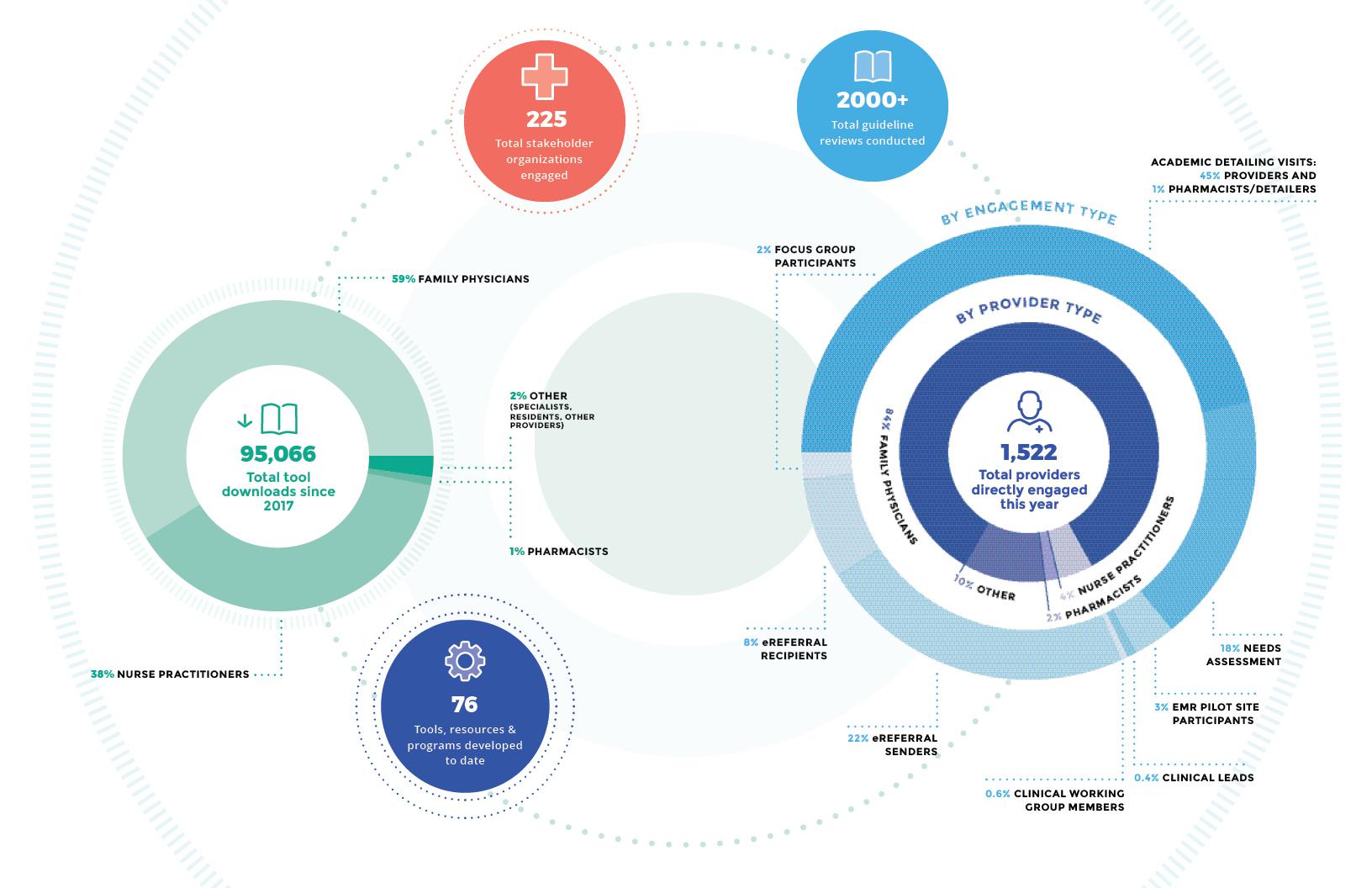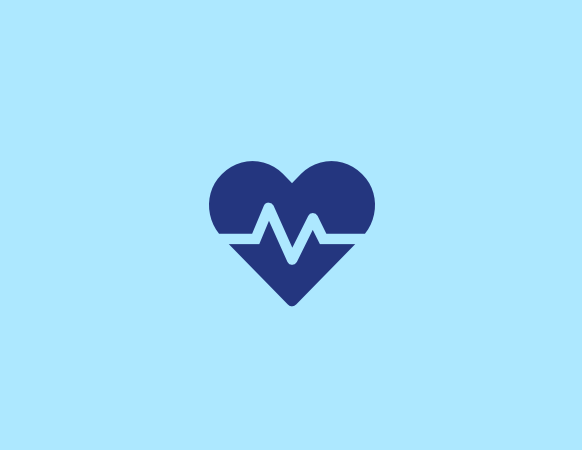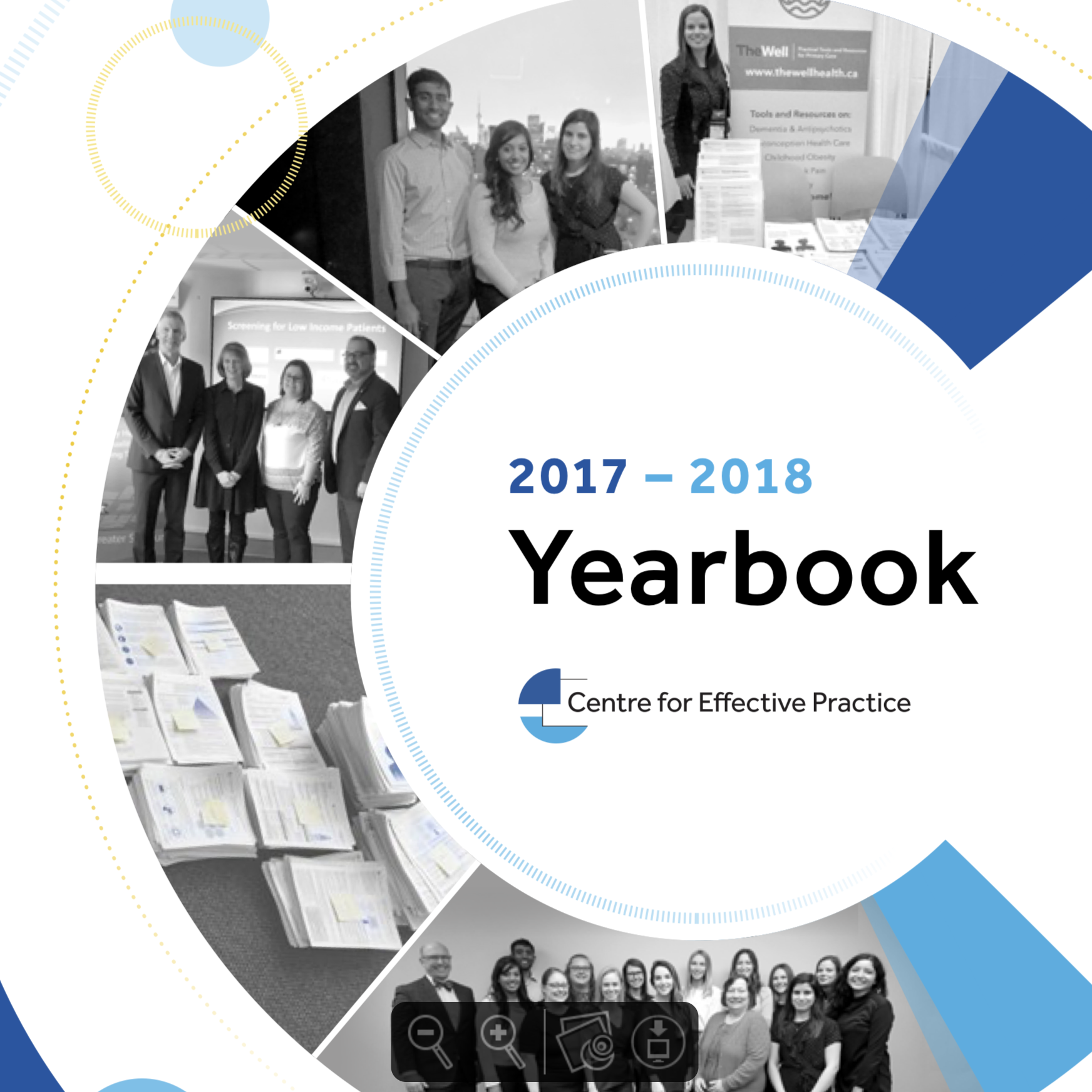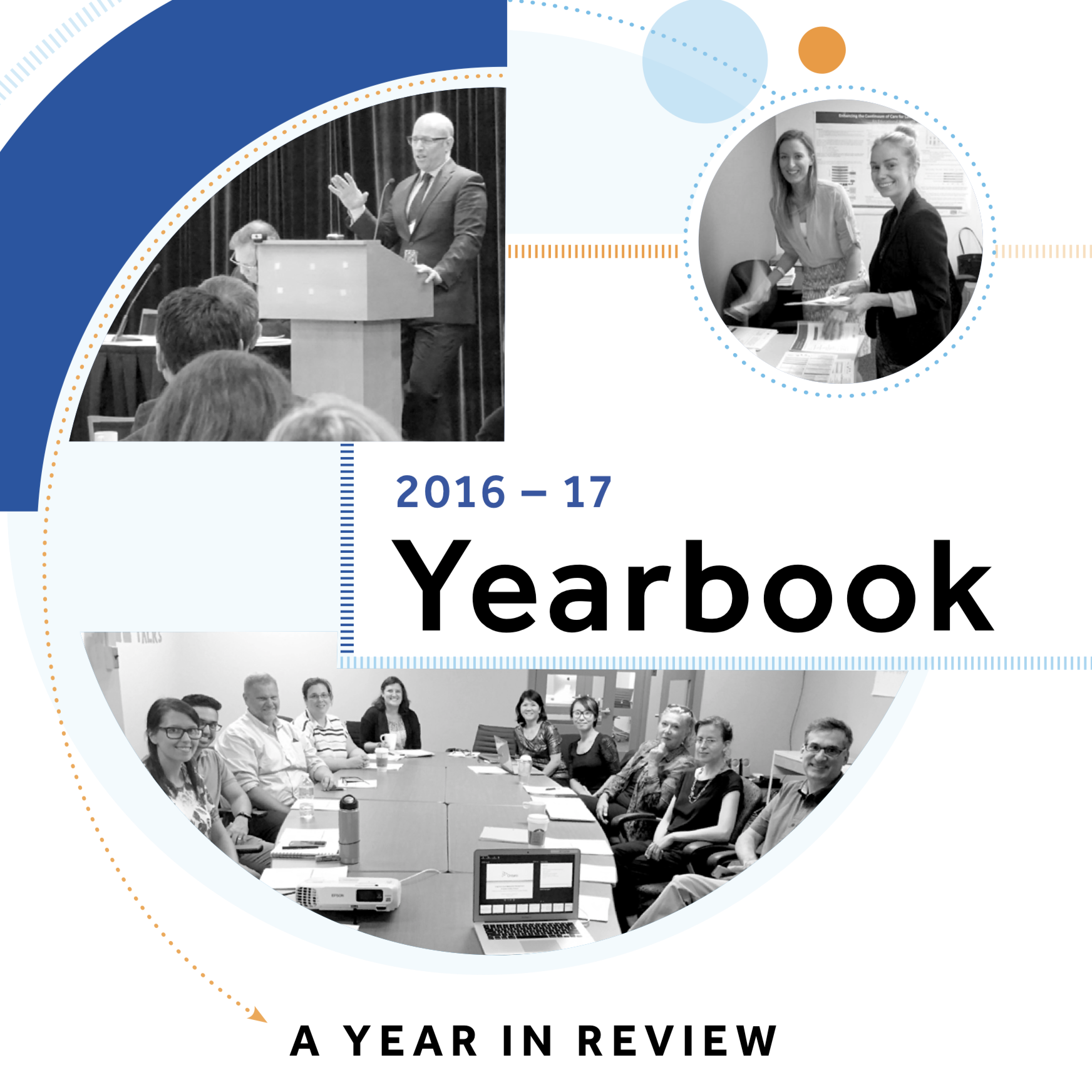Musings from the CEP board
Tupper Bean on change
“For the past decade, the Centre for Effective Practice has sat on the precipice of the health system, constantly reinventing its services to meet the ever-changing needs of the primary care providers. As the health system undergoes massive change, we as an organization are excited by this opportunity to once again redesign and rethink how we can do better, collaborate smarter and work more efficiently. This is par for the course in small non-profit, entrepreneurial organizations. It’s impossible to be in the business of change management without being able to embrace change as an organization or a leader.”
—TUPPER BEAN, EXECUTIVE DIRECTOR
See page 4 on the Yearbook for more.
Bernita Drenth on partnerships
“Strong partnerships are built on shared values and trust. Inherent in the term is the sense that both or all parties are equal and bring substantive value to the relationship regardless of size or budget. In practice, this means co-planning and working together to set the direction. All too often, these are sound ideas in theory but fail in practice. Smaller organizations in the past, such as the CEP, have partnered for various reasons including out of necessity. However, today it has given them the advantage because they have the capacity and capability to know how to partner effectively. As we forge ahead, strategic partnerships must put patient outcomes and system sustainability first.”
—BERNITA DRENTH, BOARD CHAIR
See page 5 on the Yearbook for more.
At a glance
95k
TOTAL TOOL DOWNLOADS SINCE 2017
76
TOOLS, RESOURCES & PROGRAMS DEVELOPED TO DATE
225
TOTAL STAKEHOLDER ORGANIZATIONS ENGAGED
2000+
TOTAL GUIDELINE REVIEWS CONDUCTED

Knowledge translation in primary care

As the largest knowledge translation for primary care organization in Canada, we continue to partner with the Ontario College of Family Physicians (OCFP) and the Nurse Practitioners’ Association of Ontario (NPAO) to meet the needs of primary care providers on the frontlines. Through the Knowledge Translation in Primary Care Initative (KTinPC), we have developed and disseminated 13 tools that have received more than 70,000 (of the 95,066 total) downloads by providers over the past two years.
The KTinPC initiative focuses on the development of clinical tools and resources for Ontario’s primary care providers (PCPs) and explores opportunities to support PCPs with electronic medical record (EMR) optimization and the localization of tools. Innovation for providers’ preferences is a key focus of this initiative: we are working with 15 clinic sites in various parts of Ontario (family health teams and solo practices) to pilot test custom EMR tools, including the Chronic Non-Cancer Pain Tool, Preconception Health Care Tool and CORE Back Tool.
See page 10 on the Yearbook for more details.
Academic detailing for primary care
Our academic detailers have been visiting family physicians on the topics of managing opioid therapy, caring for patients living with chronic non-cancer pain and caring for patients living with opioid use disorder. In July, the topic of caring for older adults on benzodiazepines will become available to all participating family physicians.
This past year, we have offered visits to more than 700 family physicians across the province including those in rural and northern communities.
See page 12 on the Yearbook for more details.

Clinically Speaking
Through the Clinically Speaking podcast, we have had conversations about evidence-based medical practices with experts across Canada, hearing varied perspectives. Below are key quotes from these experts. Their views speak about where medicine has been, where it is now and where it could be in the future.
To listen to the full interviews, visit cep.health/clinically-speaking.
See page 16 on the Yearbook for more details.
Policy to practice
POLICY TO PRACTICE
Pain management and opioids
“I have been using the CORE Back Tool and the CORE Neck tool and Headache Navigator since they were released. It has made me more confident as I deal with these problems, especially decreasing my worry that I am missing something serious. Also, I am ordering fewer imaging tests because of these tools. And I feel that my patients are getting better care.”
—DR. JOHN AXLER, FAMILY PHYSICIAN
See page 20 on the Yearbook for more details.
Downloads by Tool
15,050
CORE BACK TOOL
8,234
OPIOID MANAGER
5,267
CORE NECK TOOL AND HEADACHE NAVIGATOR
6,359
OPIOID TAPERING TEMPLATE
10,230
MANAGEMENT OF CHRONIC NON-CANCER PAIN
2,024
OPIOID USE DISORDER TOOL
Topics

Pain Management and Opioids
POLICY TO PRACTICE

Mental Health
POLICY TO PRACTICE

Care of the Elderly
POLICY TO PRACTICE

Cancer
POLICY TO PRACTICE

Non-Medical Cannabis
POLICY TO PRACTICE

Women’s Health – Preconception and HIV
POLICY TO PRACTICE
Ongoing stakeholders
College of Family Physicians of Canada
Association of Family Health Teams of Ontario
Continuing Professional Development Ontario
Departments of Family Medicine
Primary Care Local Health Integration Network Primary Care Leads
Ontario Primary Health Care Nurse Practitioner Programs
Ontario Ministry of Health and Long-Term Care
Mental Health and Addictions Branch
Healthy Living Initiatives Unit
Strategic Policy and Planning Division
Partnerships and Consultation Unit
Specialized Models Programs
Ontario Ministry of Children and Youth Services
Ontario College of Family Physicians
Nurse Practitioners’ Association of Ontario
College of Physicians and Surgeons of Ontario
Health Quality Ontario
Local Health Integration Networks
Ontario Medical Association
Registered Nurses’ Association of Ontario
Primary Health Care Branch
See page 30 on the Yearbook for more details.

